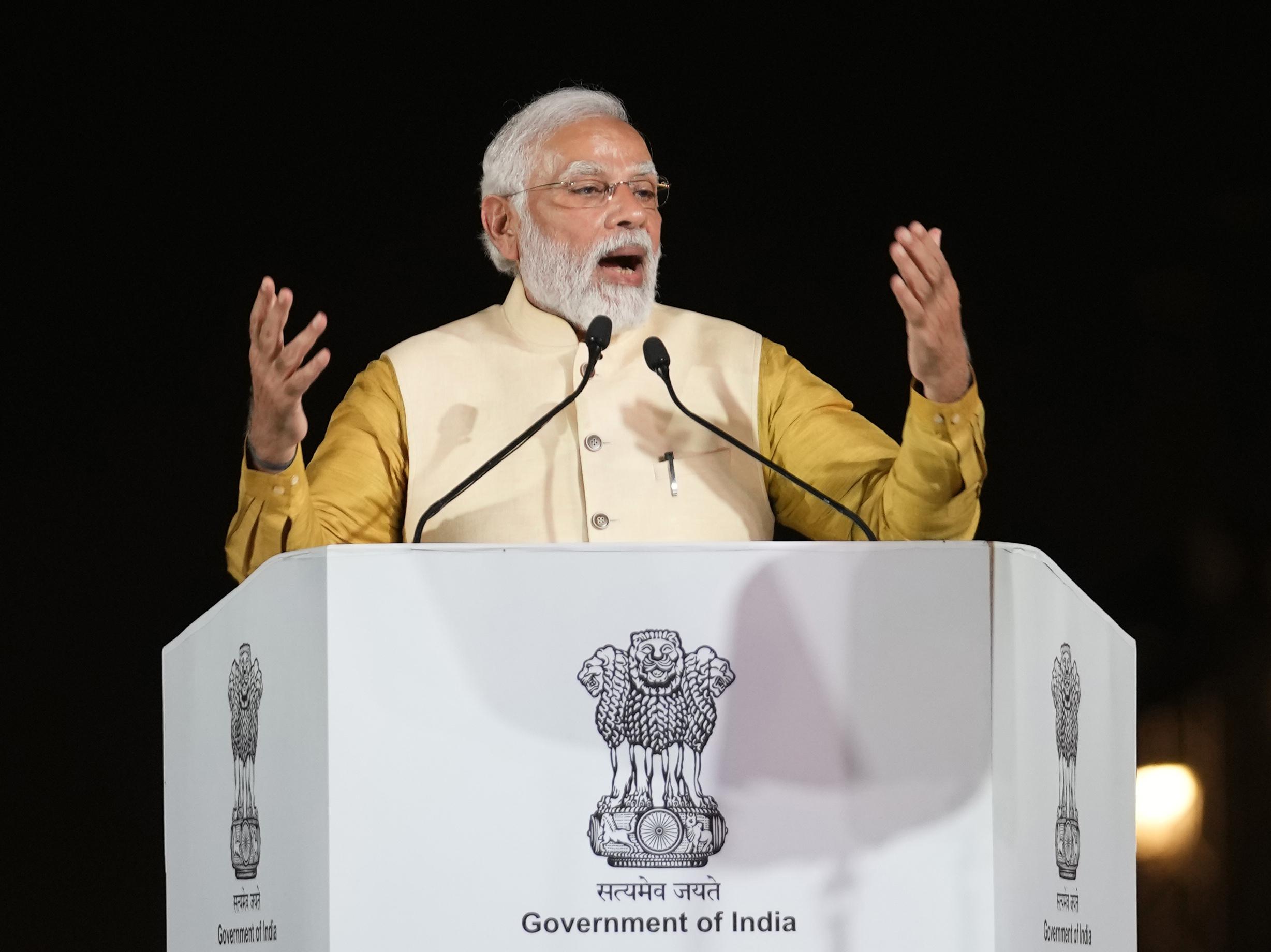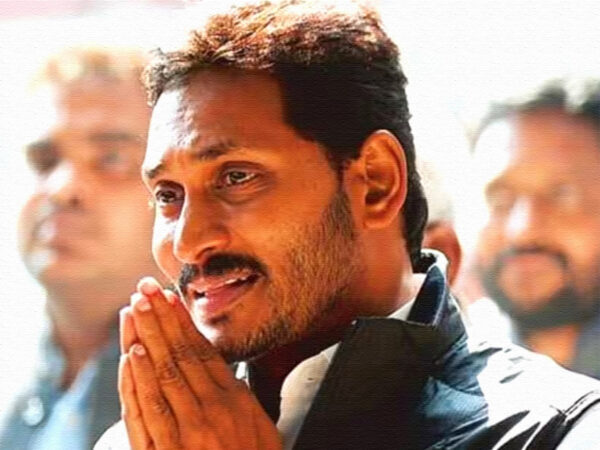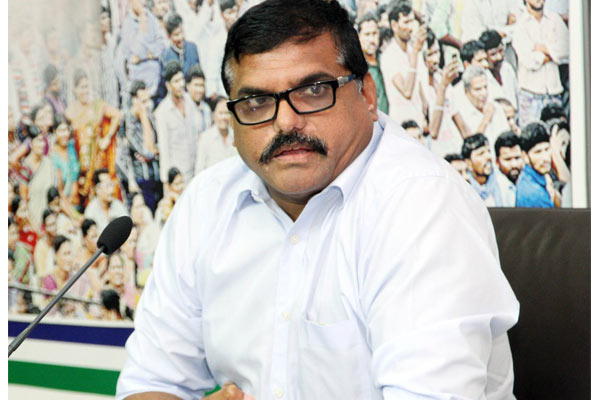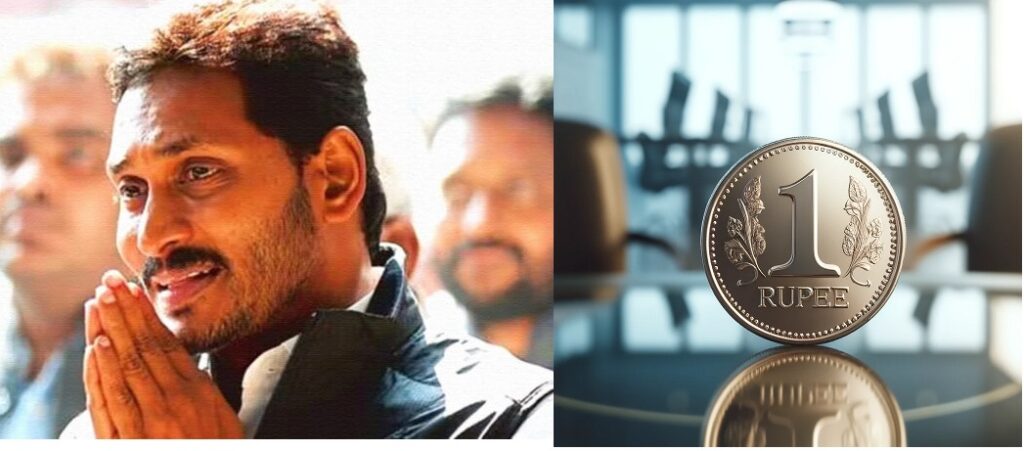Anger over previous, indifference meets queen’s loss of life in India

NEW DELHI (AP) — Simply hours earlier than information of Queen Elizabeth II’s loss of life unfold, Prime Minister Narendra Modi delivered a fiery speech urging India to shed its colonial ties in a ceremony to rename a boulevard that after honored King George V.
Rajpath, previously known as Kingsway, was a “image of slavery” underneath the British Raj, he mentioned. As a substitute, underneath the newly named Kartavya Path that results in the enduring India Gate, “a brand new historical past has been created,” Modi beamed.
His speech final Thursday was the most recent in a concerted drive to purge India of its colonial relics. It was additionally a transparent signal that the nation, as soon as the biggest of Britain’s colonies that endured two centuries of imperial rule, has moved on.
The renovated avenue now boasts a black granite statue of Indian freedom fighter Subhas Chandra Bose, within the place the place a mildew of King George V, Elizabeth’s grandfather, as soon as stood.
The queen’s loss of life provoked sympathies to a deeply revered determine from some whereas for a couple of others, it jogged reminiscences of a bloody historical past underneath the British crown. However amongst most common Indians, the information was met with an detached shrug.
The British monarchy “holds exactly zero relevance to Indians right now — they’re of no significance,” mentioned Kapil Komireddi, creator of “Malevolent Republic: A Brief Historical past of the New India.”
British rule formed the nation in important methods, however India has since overtaken the British financial system in measurement.
“The nation has come into its personal … As a rising energy, India can achieve quite a bit from the U.Ok. however the U.Ok. can achieve an entire lot extra from India,” Komireddi added.
On Thursday, Modi penned a heartfelt word, calling the queen “a stalwart of our instances,” whereas the federal government declared a day of mourning. However for many Indians born a technology after independence from the British in 1947, there may be little attachment to the queen or the royal household.
Sankul Sonawane, 20, was at dwelling when he heard the information, which had “no influence” on him. “Now we have no sense of emotional reference to the queen. She was a monarch and I don’t imagine within the concept of a monarchy.”
Dhiren Singh, a 57-year-old entrepreneur in New Delhi, felt the identical approach. “I don’t assume we now have anywhere for kings and queens in right now’s world, as a result of we’re the world’s largest democratic nation,” he mentioned.
Elizabeth visited India 3 times throughout her reign and was the primary monarch to tour the newly freed nation, cementing the beginning of contemporary ties with Britain. After her coronation in 1953, she arrived within the capital New Delhi in 1961, the place she addressed an enormous crowd and practically one million individuals lined up alongside streets to catch a glimpse of her and her husband, Prince Philip.
Darshan Paul was 10 or 11 years previous when she stood alongside a street in New Delhi and waved an Indian flag on the queen. “I keep in mind her gloved hand waving again at me and was so impressed,” Paul, now 71, mentioned.
There was ample pleasure and curiosity round her go to, Paul recalled, as she and her pals poured over newspaper photographs of the queen and have been dazzled by the robes she wore.
However it was a unique time then, Paul mentioned, as she acknowledged that the standard bond some Indians as soon as held with the royal household has morphed dramatically since.
“To younger Indians right now, they appear like some other high-profile superstar household – you may observe information of them since you need to know what is going on behind closed doorways. However past the glamor and superstar attract, they don’t maintain any significance any extra.”
If her son, who was formally proclaimed King Charles III over the weekend, have been to make an official go to to India, “it can actually not matter as a lot,” Paul added.
The queen’s final go to in 1997 was tinged with controversy when she traveled to a memorial devoted to tons of of unarmed Indians who have been killed by British colonial forces in 1919, amid requires an apology over the Jallianwala Bagh bloodbath.
For a lot of, the royal household stays an indicator of a deeply painful historical past. Colonial rule remains to be remembered for the extraordinary violence and struggling it spawned, from quite a few famines and financial exploitation to in the end an unprecedented stage of bloodshed within the partition of India and Pakistan.
Scrolling via social media after the information, 25-year-old Sumedha Chatterjee mentioned the tweets in assist of the queen felt virtually like individuals had forgotten about all of the “loot and plunder” the British monarchy oversaw. “They constructed their empire on the backs of the so-called third world,” she added.
Simply hours after her loss of life, Indian social media lit up with renewed requires the return of the well-known Koh-i-Noor, the 106-carat found in India that’s a part of the British crown jewels.
“If the king will not be going to put on (the) Koh-i-Noor, give it again,” quipped one person.
Ever since gaining independence, India has moved to shed its colonial ties, together with altering again the names of a clutch of cities that have been renamed throughout British rule. Within the Nineteen Sixties, officers eliminated figures of British officers and royalty from public view — the statue of King George V, which stood tall underneath the cover of India Gate, was moved to Coronation Park, a graveyard or remaining resting place for imperial symbols within the capital.
And underneath Modi, there was renewed vigor to reclaim India’s previous, which has seen the federal government scrub away colonial-era avenue names, some legal guidelines and even flag symbols.
Such gestures “signify a brand new India” which has nothing to do with the monarchy, mentioned Archana Ojha, a professor of historical past at Delhi College. She added, although, that the nation’s imperial historical past can’t be hidden away.
“We could not have to cherish among the legacies, however we have to protect them to show our future generations. We can’t simply erase it fully,” she mentioned.
___
Related Press journalist Rishi Lekhi contributed to this report.




